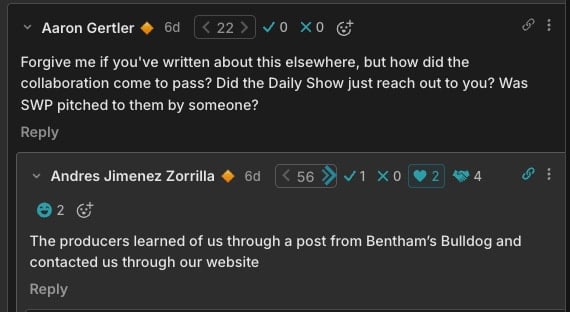02/03/2023 Update: GiveDirectly has enabled direct cash transfers to Syrian refugee earthquake survivors in Turkey: https://fundraisers.givedirectly.org/campaigns/turkeysyriaearthquakes
Please note: This post is no longer being updated or regularly monitored, and information may no longer be accurate. Please reach out to bilgi@eaturkiye.org with any questions. (Last updated on 12/02/2023).
From members of the EA community in Turkey
Dear effective altruist friends and community,
As you may know, two earthquakes with massive magnitudes of 7.8 and 7.7 occurred in Turkey. The World Health Organization declared a Grade 3 emergency -the highest level of emergency- in the region. Almost 15,000 (update 12/02/2023: 30,000 and rising) people lost their lives, more than 60,000 are wounded (update 12/02/2023: 80,000 and rising), and time is running out for the many thousands still waiting to be rescued (update 12/02/2023: it's too late to save many thousands still under the rubble, the challenge is shifting on keeping the injured and homeless alive in harsh winter and unsafe conditions). The death toll is likely to continue rising, and economic devastation in the affected areas is vast. Given this situation, those of us living in Turkey have been receiving questions about effective and trustworthy organizations to donate to for earthquake relief.
Although it is very difficult to know the details of their cost-effectiveness and their precise impact, particularly from an EA perspective, and we cannot fully vouch for them, we can initially recommend the following organizations if you are interested in hearing from the effective altruism community in Turkey about our thoughts on where to donate or if you are already considering donating:
- Turkish Philanthropy Funds: A US-based 501(c)(3) tax-exempt foundation that has started an earthquake relief fund. It has matched an additional $1 million for organizations on the ground. https://donate.tpfund.org/campaign/tpf-turkiye-earthquake/c465112
- AHBAP: One of the most active and well-known voluntary networks in the region. https://bagis.ahbap.org/bagis
- AKUT: A non-governmental organization based in Turkey involved in searching and rescuing the victims of the earthquake on the ground. https://www.akut.org.tr/en/donation (Update 12/02/2023: Given changing needs on the ground, other options are now relatively preferable, particularly as other funds in the list also make grants to AKUT on a needs basis).
- AFAD: The official disaster and emergency management authority of Turkey. https://en.afad.gov.tr/campaigns (Update 12/02/2023: Given their continuing coordination with AHBAP, AHBAP is relatively preferable)
- Turkey Mozaik Foundation: A UK-based foundation that has started an Emergency Relief Fund and makes grants to organizations on the ground reflecting the changing needs: https://www.justgiving.com/campaign/kahramanmarasearthquake (Update 12/02/2023: New to the list)
1 USD=18.90TL and 1 EUR=20.40 TL, approximately.
Please note that the effective altruism community in Turkey is not affiliated with any of the above organizations. We neither represent them nor receive any funding from them. Please also note that donations to these organizations will be used for earthquake relief in Turkey, and not in Syria, as we only have the necessary context to comment on the situation in Turkey alone.
If you have made a donation before or after seeing this post, we would appreciate it if you could email us at bilgi@eaturkiye.org or comment below so that we can have a clearer understanding of the level of support in the community.
If you have been affected by the earthquakes in any way and would like to talk about it with one of us from the effective altruism community in Turkey, please feel free to reach out to us privately via bilgi@eaturkiye.org.
Feel free to also ask questions in the comments or email at bilgi@eaturkiye.org




If anyone is interested, here are some personal comments related to how this post was collectively drafted. Only for informative purposes, and nothing else.